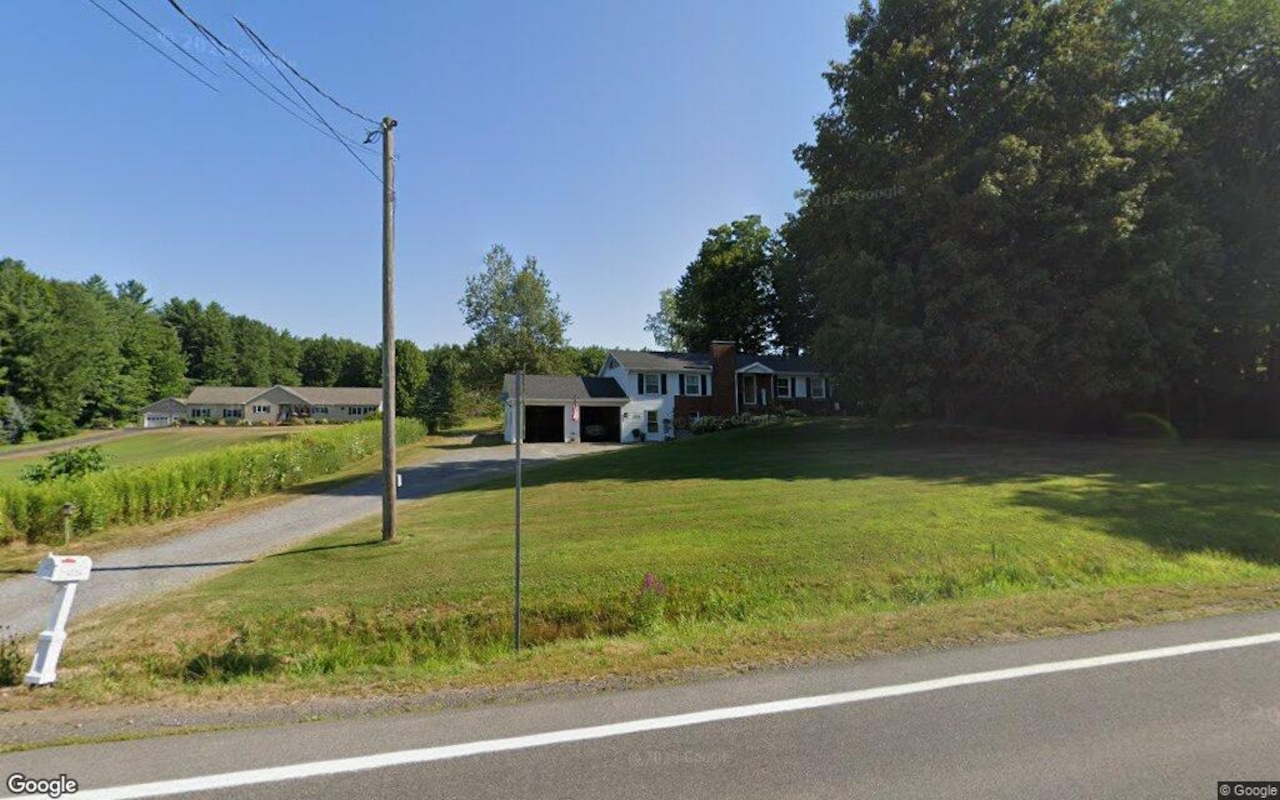C
limate Change's Hidden Toll on Real Estate: A $1 Trillion Price Tag
A looming storm is brewing over the US housing market, with climate change poised to unleash a devastating wave of price drops across the country. By 2055, real estate values could plummet by over $1 trillion as Americans flee areas prone to increasingly frequent and intense weather disasters.
The culprit behind this impending catastrophe is not just rising sea levels or intensifying heat waves, but also the crippling costs associated with insuring properties in high-risk zones. As a result, many neighborhoods will be forced to adjust downward, leading to a decline in property values that could have far-reaching consequences for local economies.
Wisconsin, however, stands out as an oasis of resilience amidst this climate-driven chaos. With its relatively low vulnerability to extreme weather events, the Badger State is poised to remain one of the least affected regions in the nation. Madison, in particular, may emerge as a top housing market over the next three decades, attracting buyers seeking stability and security.
The report "Property Prices in Peril" paints a stark picture of the climate-driven real estate crisis unfolding across the US. Regions with skyrocketing insurance premiums and declining populations will bear the brunt of this trend, with some areas facing estimated declines of up to 25% in home prices. Tampa, Florida, is among those most at risk.
The data highlights three key categories: "Climate Abandonment" zones where high risks and costs drive population decline; "Risky Growth" areas where climate threats are rising but other factors keep people moving in; and "Tipping Points," regions on the cusp of losing population due to climate-related pressures. Wisconsin's Dane County, with its estimated 81.6% growth rate, stands out as a shining example of a climate-resilient market.
The underlying causes of this crisis are well-documented: human activity driving carbon dioxide emissions and accelerating global warming. As the earth warms by an average of 2 degrees Fahrenheit since the 1950s, Wisconsin has become wetter and warmer, with winter temperatures rising most dramatically and summer precipitation increasing significantly. The time to act is now, as the US housing market faces a $1 trillion reckoning in the face of climate change.















